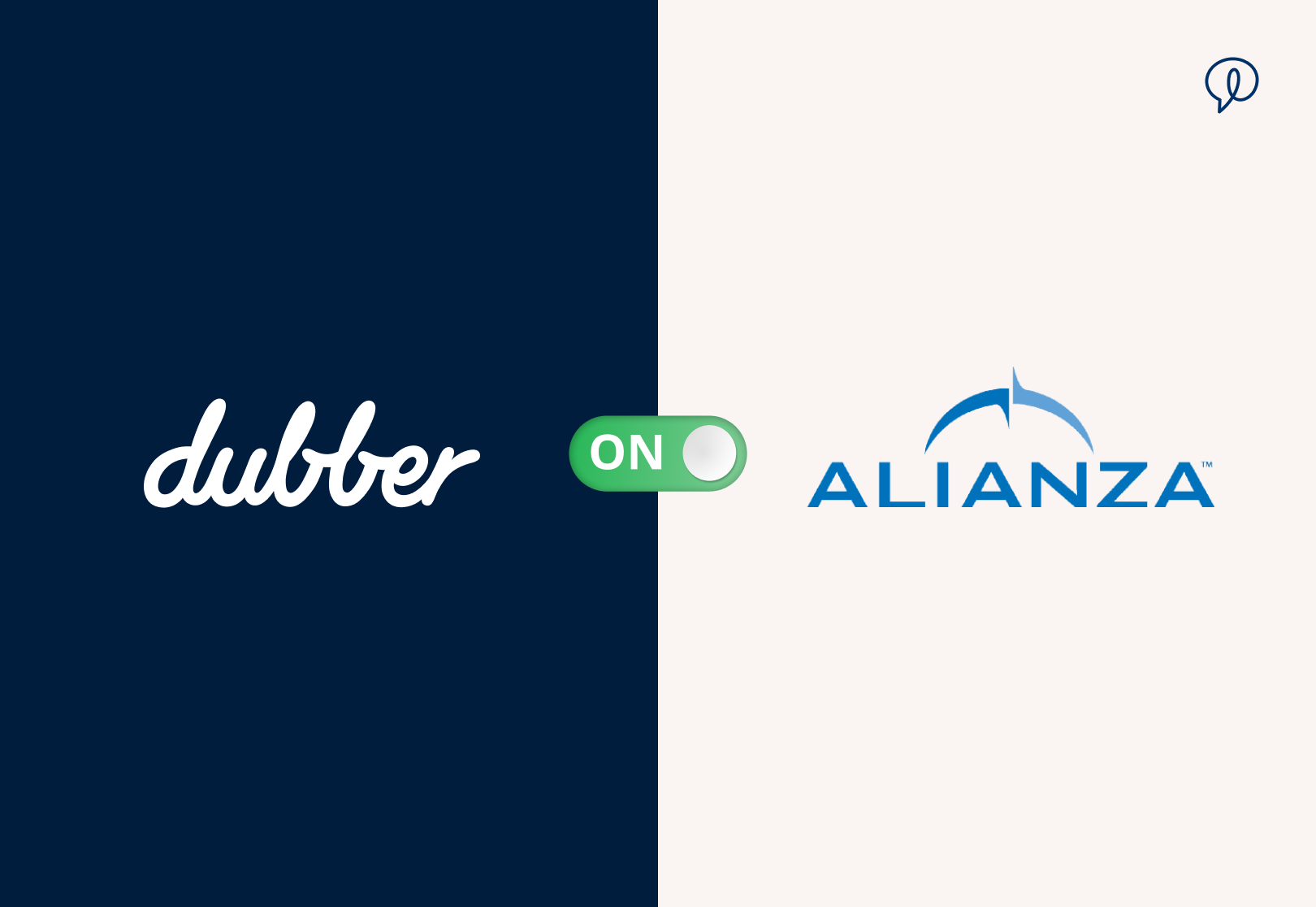

What is fixed-mobile convergence?
In a world that is increasingly reliant on a workforce that can work anytime, anywhere, businesses are looking for increased connectivity through innovations in wired and wireless solutions. Enter fixed-mobile convergence (FMC), where calls can be seamlessly transferred from fixed to mobile devices and vice versa. Read an in-depth guide to FMC in our white paper.
Although FMC is by no means new, the infrastructure and investment required means it has been slow to realise. But with advancing technology, the idea of combining offerings into one bundle for customers is beginning to gain traction. Could 2020 see developments in converged offerings?
What does FMC mean for businesses?
The growing popularity of FMC is the result of both customer needs and networks looking to stay ahead of the competition and retain customers with more powerful, personalised services.
FMC solutions create a union between wired and wireless technologies and allow calls to continue without dropping even as the user moves from location to location and between devices. FMC also enables better reachability, so that customer-facing employees can be reached on the first try — whether they are in the office or out on the road. Similarly, single-number reach allows customers and clients to contact a business on one number that redirects calls to available contacts, through cloud-based communications technology.
Enterprises that deploy solutions that unify fixed and mobile communications will see increased productivity.
What does FMC mean for telecommunications service providers?
Telecommunications service providers have already begun to buy into the concept and are benefitting from being early adopters of the technology. By bundling their fixed and mobile services, service providers are likely to reduce customer churn as they are able to offer cheaper packages, while increasing average revenue per user.
These simplified communication solutions also make it easy for providers to offer value-added services like cloud-based call recording from one single, unified portal without requiring any up-front investment, hardware or lengthy setup processes.
By moving to the cloud, telecommunications service providers can combine wired and wireless communications in one solution, offering greater flexibility, ease of use, and reduced IT and network costs for providers and their users.
Get in touch to find out more about how Dubber call recording and voice AI can work with FMC solutions.

